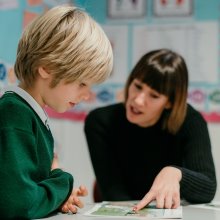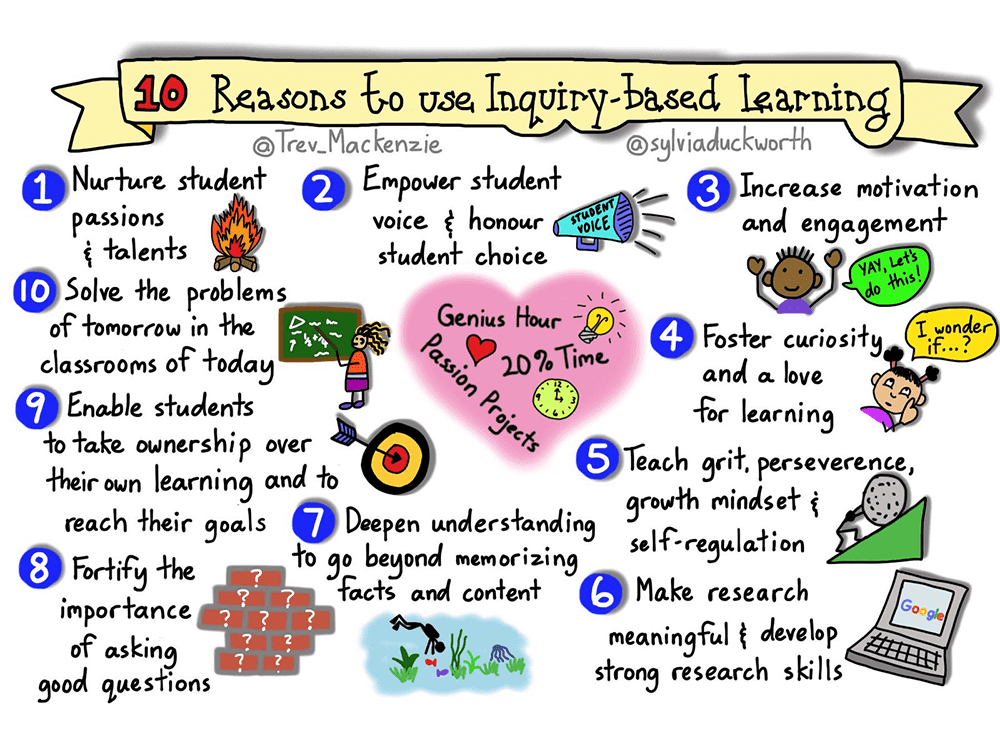Developing Inquiry and Agency Skills

Agency
Student agency refers to learning through activities that are meaningful and relevant to learners, driven by their interests, and often self-initiated with appropriate guidance from teachers. To put it simply, student agency gives students voice and often, choice, in how they learn.

By allowing students to develop their agency, they are able to develop many other skills, as shown in the iceberg image above. Some examples of how teachers do this in the classroom are:
- Allowing students to select the materials they feel will support their learning (rather than the teacher selecting for them)
- Giving students ownership over the layout of the classroom (Note, this has not been possible during the pandemic, due to health and safety restrictions)
- Children having choice in the curriculum. An example of this would be Year 2 children being able to select and research an ecosystem of their choice within the ‘Wild Things’ topic.
- Seeking feedback from students about their learning, such as using an exit pass at the end of the lesson
- Students voting for their Golden Time activity each week
- Following students interests and allowing time for inquiry and research within lessons
During this remote learning period, it would be greatly beneficial for continuity if parents could support their children by allowing them to develop agency at home. This will help them to continue developing the skills outlined in the picture. You can find more information on this here.
Inquiry
Inquiry is an approach to learning that involves a process of exploring the natural or material world, and that leads to asking questions, making discoveries, and testing those discoveries in the search for new understanding.

You will see from the image above that there are many reasons to use inquiry-based learning, and it is in line with our school pedagogy.
When parents encourage this at home, children are able to make connections in their learning and become problem solvers. Next time your child asks you a question, try to resist simply giving them the answer and see if they can find the answer themselves.
You can read more about this here.
Louise Banthorpe
Assistant Principal
Lower Primary

















.png&command_2=resize&height_2=85)












